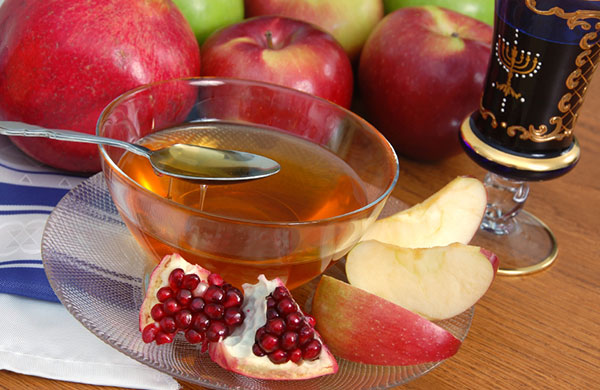 After fleeing Spain and Morocco and attempting to relocate in the Land of Yisrael, Rambam settled in Fostat, Egypt and began his monumental project—the Yad Hahazaka—delivering clear halakhic decisions encompassing everything discussed in the two Talmuds and the Geonic literature. An undertaking such as this would take an entire team of scholars several decades to complete, but Rambam put the finishing touches on his magnum opus only 10 years later.
After fleeing Spain and Morocco and attempting to relocate in the Land of Yisrael, Rambam settled in Fostat, Egypt and began his monumental project—the Yad Hahazaka—delivering clear halakhic decisions encompassing everything discussed in the two Talmuds and the Geonic literature. An undertaking such as this would take an entire team of scholars several decades to complete, but Rambam put the finishing touches on his magnum opus only 10 years later.
This revolutionary work, alternatively known as the Mishne Torah, was warmly received by some and fiercely attacked by others. Eventually, however, it was recognized as the basic source text for all halakhic literature written since then. Every Torah authority must either accept Rambam’s rulings or demonstrate why he does not, but no one can ignore them.
Rambam must have been filled with joy upon completing the Yad Hahazaka. Did he recite the blessing of sheheheyanu to thank G-d for enabling him to do it?
Probably not. Our Sages instituted the blessing of sheheheyanu to be recited on several types of occasions: on holidays, when seeing a fruit for the first time in season, when purchasing new clothes or property, upon meeting a dear friend after a long absence and when something good takes place, such as winning a lottery or the birth of a child. There is no source, however, for reciting it for accomplishing something that makes you happy.
Nevertheless, Harav Hakham Obadya Yosef wrote in Hazon Obadya Berakhot (page 402), “When someone authors a sefer about halakha or Aggadah and publishes it for the zekhut of the public, it is recommended that he purchase a new garment or eat a new fruit so that he can recite the blessing of sheheheyanu. While reciting it, he should have in mind to bless G-d for enabling him to complete his sefer and see it published and distributed.”
Hakham Obadya has observed this halakha over forty times, publishing over forty sefarim on halakha and Aggadah. We at HaKeter Institute join everyone else in praying that he will be able to have many more opportunities to fulfill it. Actually, we are looking forward to fulfilling this halakha ourselves. After more than three years of intensive study and research, HaKeter Institute has completed the new encyclopedic Yalkut Yosef Berakhot in three beautiful volumes. The set includes the halakhot of netillat yadayim, berakhot rishonot and aharonot, the blessings recited for all special occasions and natural occurrences. (Yes, it includes all the rules of sheheheyanu as well!)
Not only the halakhot, but HaKeter has prepared berakhot tables so that the reader can search for the food he wishes to eat and find out which berakha he is supposed to recite. A second table includes a list of fragrances and their berakhot, and a third table is a list of breakfast cereals, both American and Israeli, giving each its appropriate blessing.
What is the correct blessing for a chocolate bar? Harav Shelomo Zalman Auerbach, zt”l, (Minhat Shelomo Vol. I, p. 545) agonized over this question. Although everyone assumes that it requires the blessing of shehakol nihya bidbaro, he demonstrated that according to the principles of halakha it should require that of bore peri ha’etz! Chocolate is a product of cocoa beans, which grow on trees. Although the beans are roasted, ground into powder and then mixed with sugar to form the delicious treat we know as chocolate, this should not change its blessing from its original ha’etz. Even the Ashkenazic Poskim who ruled that mashed fruit is demoted to the blessing of shehakol agree that if this is the only way to eat the fruit it still requires ha’etz.
The Yalkut Yosef reconciled this question by suggesting that chocolate candy is different from the original cocoa beans in three ways. It is ground into a powder, its flavor is changed by cooking it and adding other ingredients, and it no longer is called cocoa. He cited the Birkat Yosef Yedid who ruled that the blessing for [q]amardeen is shehakol for the same reasons. The apricots are mashed, additives change their flavor and it is no longer called apricot fruit.
In all, everyone agrees that the custom is to recite shehakol for chocolate. If someone would mistakenly recite ha’etz on either chocolate or [q]amardeen, however, his blessing would be valid and he may eat the food without reciting an additional blessing.
This is only part of the discussion on this topic found in the new Yalkut Yosef Berakhot. Make sure to get yours soon and become a “master of blessings.”


